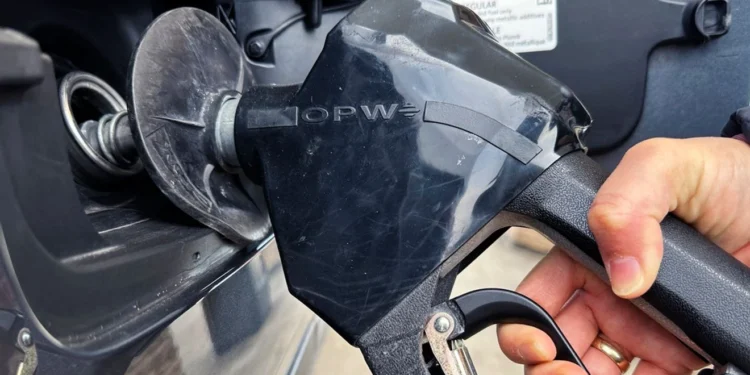American drivers are enjoying the lowest Labor Day weekend fuel costs in four years, with national petrol prices averaging $3.15 per gallon according to analysis from GasBuddy.
The petroleum tracking service called 2025 the cheapest summer for travel since 2020, when pandemic-related demand drops pushed prices to an average of $2.22 per gallon during the Labor Day holiday weekend.
“Labor Day marks the unofficial end of summer, and when it comes to gas prices, it’s been the cheapest summer to hit the road since the pandemic, a trend that will likely continue with the potential for the national average to fall below $3 per gallon this fall,” said Patrick De Haan, head of petroleum analysis at GasBuddy.
Current prices sit just one cent below 2021’s Labor Day average of $3.16 per gallon. The period represents a significant decline from peak prices recorded in 2022 and 2023, when drivers faced averages of $3.79 and $3.77 respectively.
Seasonal patterns typically drive fuel costs lower following summer’s end as driving demand decreases with cooler weather and reduced holiday travel. However, several factors could disrupt this trend and push prices higher in coming months.
“We’ve seen a remarkably affordable summer to hit the road with incomes up and gas prices down, but there are some challenges that remain: hurricane season and uncertainty over trade, tariffs and Russia’s war on Ukraine,” De Haan stated.
Regional disruptions have already demonstrated price volatility potential. Midwest states including Michigan, Illinois, Wisconsin, Ohio, and Indiana experienced price surges after storm flooding disabled a BP refinery, temporarily removing significant capacity from the market.
“The national average saw a modest increase over the last week after storms temporarily knocked the Midwest’s largest refinery offline in Indiana,” De Haan noted, illustrating how quickly local disruptions can affect broader pricing patterns.
The Trump administration has attributed the price decline to domestic energy policies aimed at increasing American petroleum production. White House spokesperson Taylor Rogers credited the administration’s energy agenda with delivering relief to consumers.
“From Memorial Day to Labor Day, Americans have been saving significant money at the pump all summer long with the cheapest gas prices in five years,” Rogers said. “President Trump promised to unleash American energy and make everyday life more affordable for families, and he delivered.”
The price relief comes as American households face inflationary pressures across numerous sectors, making transportation cost reductions particularly welcomed by consumers managing stretched budgets during an economically uncertain period.
However, the sustainability of current pricing depends on multiple variables including global supply chains, geopolitical stability, weather patterns affecting refinery operations, and seasonal demand fluctuations that historically influence fuel markets throughout autumn and winter months.







